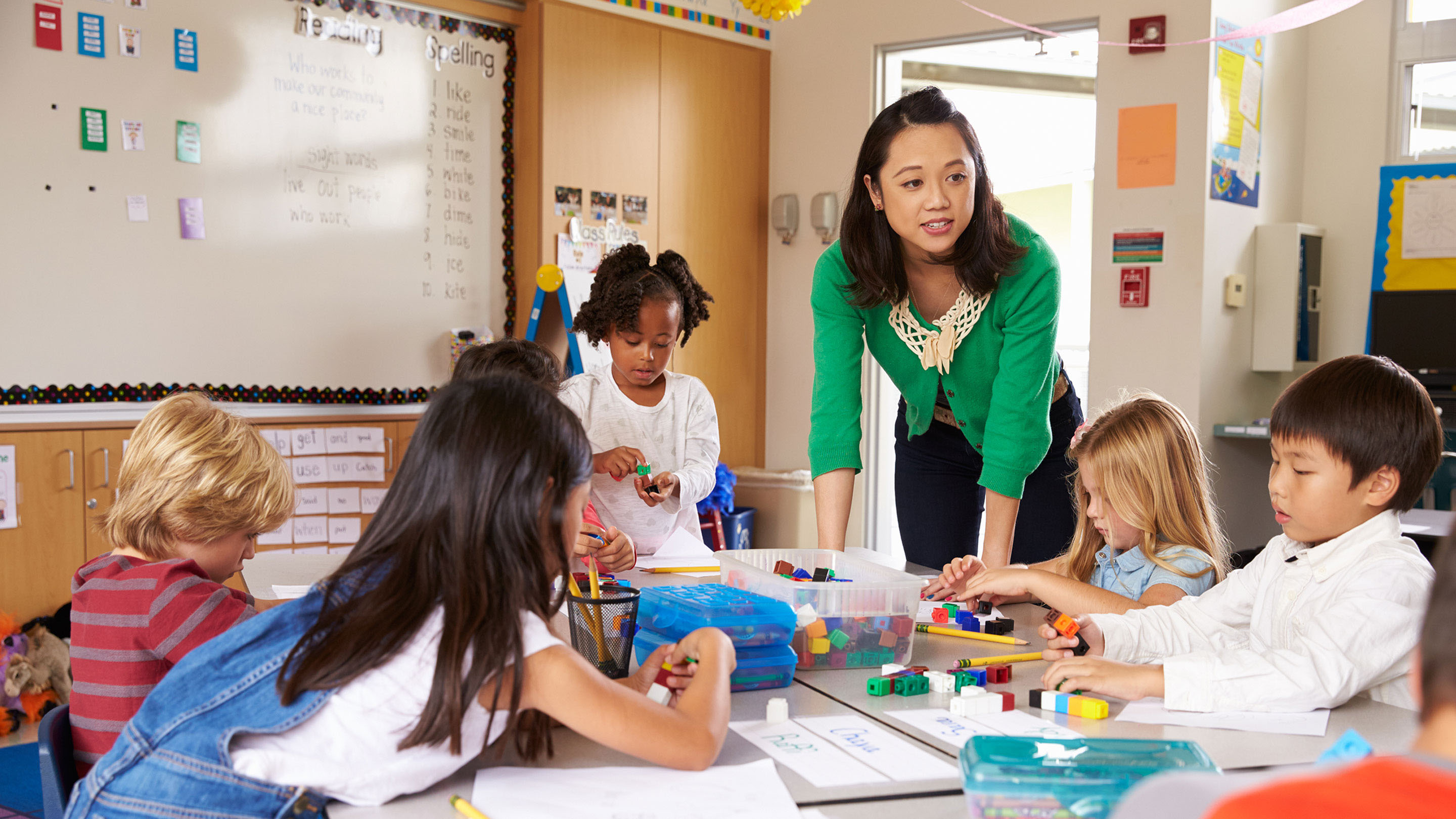Achieve Academic Success with Primary Science Tuition Singapore
Achieve Academic Success with Primary Science Tuition Singapore
Blog Article
Discovering the Various Teaching Techniques in Key Scientific Research Education And Learning Today
The landscape of key scientific research education and learning is advancing, with numerous mentor methods acquiring prominence in contemporary class. Inquiry-based understanding, hands-on experiments, and the combination of innovation are redefining exactly how educators involve young minds. Furthermore, collective strategies and set apart guideline are being used to satisfy the varied needs of trainees, improving both engagement and understanding. As we examine these approaches, questions develop about their performance and the effects for future academic methods. What might these shifts in method mean for the future generation of learners?
Inquiry-Based Learning
Inquiry-Based Discovering (IBL) is a pedagogical strategy that encourages trainees to discover scientific ideas through doubting, examination, and hands-on experimentation. This method emphasizes the function of students as energetic participants in their discovering, advertising crucial reasoning and problem-solving skills. By involving with real-world inquiries, students end up being curious and motivated, which improves their understanding of clinical concepts.
In IBL, educators act as facilitators, assisting pupils as they browse their questions instead of providing info directly. This student-centered method enables distinction, suiting numerous finding out designs and paces. Pupils create skills in formulating theories, making experiments, and evaluating information, which are crucial for clinical proficiency.
Furthermore, IBL cultivates collaboration amongst pupils, motivating them to share findings and concepts. This cumulative query advertises social skills and a sense of area within the classroom. Furthermore, the procedure of questions motivates resilience, as pupils discover to embrace failing as a tipping rock toward understanding.
Hands-On Experiments
Hands-on experiments are an important component of effective scientific research education, enhancing the concepts of inquiry-based discovering. These experiments allow pupils to engage straight with clinical concepts, cultivating a deeper understanding with experiential discovering. By manipulating products and observing outcomes, young learners can understand abstract theories in concrete ways.
Such activities promote crucial reasoning and problem-solving abilities, as trainees hypothesize results, conduct experiments, and evaluate results. This process urges them to ask questions, refine their understanding, and establish a clinical state of mind. Furthermore, hands-on experiments can be customized to diverse understanding styles, making sure that all pupils have the chance to engage meaningfully with the content.
Moreover, hands-on experiments often motivate partnership amongst peers, promoting synergy and interaction abilities. Working in groups enables students to share ideas, review searchings for, and pick up from one an additional, which boosts their overall academic experience.
Integrating hands-on experiments into the main science curriculum not only improves the discovering environment but likewise cultivates a long-lasting rate of interest in scientific research. By proactively joining their education, pupils are most likely to develop an enthusiasm for scientific query that expands past the class.

Modern Technology Combination
Integrating modern technology into primary science education has come to be increasingly essential in cultivating student involvement and improving discovering outcomes. The use of electronic devices, such as interactive simulations, online labs, and educational software, gives trainees with chances to discover clinical ideas in ingenious means. These sources help with a deeper understanding of intricate topics by allowing students to imagine and manipulate variables that would certainly be unwise in a conventional class setup.
Furthermore, technology assimilation encourages customized finding out experiences. Trainees can proceed at their very own rate, reviewing challenging principles with multimedia sources, which satisfy different understanding styles. This flexibility not only sustains individual growth yet likewise grows a sense of freedom in students.
Furthermore, technology serves as Source a bridge to real-world scientific research, linking pupils with current research study and professional payments. Access to clinical journals and online databases widens students' point of views on clinical questions and cultivates essential believing abilities.
Collaborative Knowing
Joint knowing plays a vital duty in primary scientific research education by promoting synergy and communication skills among trainees. This technique encourages learners to work with each other, share expertise, and participate in problem-solving, which enhances their understanding of scientific ideas. By joining team tasks, students learn to articulate their ideas, listen to varied viewpoints, and negotiate solutions, all of which are vital abilities in both academic and real-world contexts.

Research study indicates that collaborative discovering can result in raised inspiration and involvement in science topics, as trainees find satisfaction in shared experiences (primary science tuition Singapore). Furthermore, description this technique prepares students for future joint ventures, outfitting them with the skills needed for efficient team effort in college and specialist atmospheres. Eventually, welcoming collective knowing in main scientific research education can substantially improve the understanding experience and promote a much deeper understanding of scientific inquiry
Separated Direction

Set apart direction can show up in numerous means, such as differing the material, processes, or items of knowing. For circumstances, teachers might utilize tiered jobs that supply varying levels of complexity, enabling pupils to function at their particular preparedness degrees. In addition, versatile find out this here organizing strategies can promote partnership among trainees with various abilities, fostering peer discovering.
Evaluation plays a vital role in this technique, as it educates instruction and aids teachers recognize each student's one-of-a-kind needs. Formative evaluations, such as observations and quizzes, can assist teachers in adjusting their strategies to enhance discovering outcomes. primary science tuition Singapore. Ultimately, by executing differentiated guideline in key science education, educators can cultivate a more equitable and effective understanding environment, empowering all students to reach their complete possibility in comprehending scientific phenomena
Final Thought
In recap, the diverse teaching methods in key science education and learning, including inquiry-based discovering, hands-on experiments, technology combination, collective discovering, and differentiated direction, collectively add to an extra effective understanding atmosphere. These methods advertise important reasoning, problem-solving abilities, and a much deeper comprehension of scientific principles. By implementing these methods, educators can produce supportive and appealing classrooms that address the diverse demands of pupils, inevitably cultivating a long-lasting interest in scientific research and boosting academic accomplishment.
Inquiry-Based Discovering (IBL) is a pedagogical strategy that urges trainees to explore clinical ideas via doubting, examination, and hands-on experimentation.Collaborative discovering plays an essential role in main scientific research education by cultivating synergy and interaction abilities amongst trainees.Research study indicates that collective understanding can lead to increased motivation and interaction in science topics, as trainees find satisfaction in shared experiences.In cultivating an inclusive learning atmosphere, separated instruction arises as a key approach to accommodate the varied needs and capacities of students in key science education and learning. Ultimately, by applying distinguished guideline in primary scientific research education and learning, teachers can grow a more efficient and fair knowing setting, empowering all trainees to reach their complete potential in recognizing scientific sensations.
Report this page